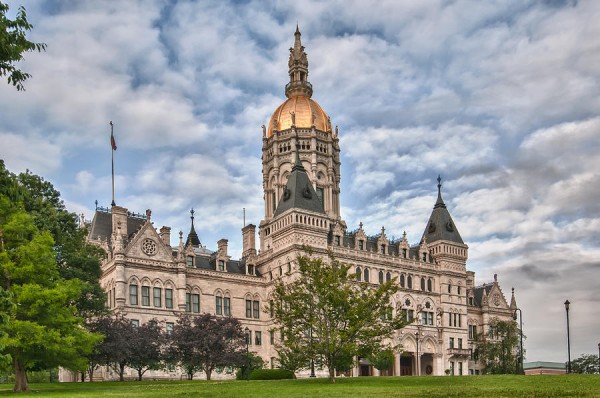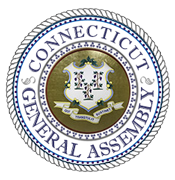Connecticut Not Alone; Six States Have Held Special Sessions on Budget
/Connecticut, with a special legislative session a distinct possibility in the coming weeks, would not be alone in needing legislators to return to work on a state budget after their regular session had adjourned. The states of Alabama, Alaska, Minnesota, Washington and Wisconsin all have conducted special sessions on budget issues this year, and New Mexico had a special session to discuss capital budget and supplemental appropriations, according to the National Conference of State Legislatures (NCSL). Alabama’s special session – the first in five years - was held over the summer, convening on July 13 and ending in disarray in mid-August, with a second special session on the state budget convened and concluded in mid-September. Among the budget cuts, according to published reports: the Alabama Department of Environmental Management saw its appropriation drop from $1.2 million to $200,000, and the state’s hospitals, nursing homes, smokers and students took a hit.
Alabama’s special session – the first in five years - was held over the summer, convening on July 13 and ending in disarray in mid-August, with a second special session on the state budget convened and concluded in mid-September. Among the budget cuts, according to published reports: the Alabama Department of Environmental Management saw its appropriation drop from $1.2 million to $200,000, and the state’s hospitals, nursing homes, smokers and students took a hit.
Alaska’s two special sessions to deal with that state’s budget, as well as other issues, ran for just under a month, adjourning on June 11, costing the state nearly $900,000, according to published reports. That state’s deficit was driven by lower-than-expected oil revenue.
Minnesota had a two day session in June to work on the state budget, capital investments, and other issues and Washington State had a series of special sessions in April, May and June. Wisconsin’s special session on budget and other issues convened in July. Some in that state are urging another special session be convened this fall.
A number of states have had special session on other issues, including Congressional redistricting, Medicaid expansion, prison construction and the state’s child support system.
 Democratic legislative leaders and Republican legislative leaders are scheduled to meet with Connecticut Gov. Dannel Malloy on Monday, Oct. 26, for their first budget discussion, in the run-up to an anticipated special legislative session to close the state’s projected budget deficit.
Democratic legislative leaders and Republican legislative leaders are scheduled to meet with Connecticut Gov. Dannel Malloy on Monday, Oct. 26, for their first budget discussion, in the run-up to an anticipated special legislative session to close the state’s projected budget deficit.
There are two main types of legislative sessions in states across the country, according to NCSL —regular and special (sometimes known as extraordinary). A regular session is the annual or biennial gathering of legislators, the starting date (and often, the length) of which is set by constitution or statute. Unlike regular sessions, there is no specific timing for special (or extraordinary) sessions. They occur intermittently to deal with the specific issues or topics. Usually, the scope of a special session—that is, the topics that may be taken up—is limited to the issues specified in the notice calling for the special session, the NCSL website explains.
In 34 states, including Connecticut, a special session of the legislature can be called by either the Governor or the legislature. In 16 states, only the Governor has that authority. Connecticut’s regular legislative session, according to the state constitution, runs from early January to early June in odd numbered years and early February to early May in even numbered years.































